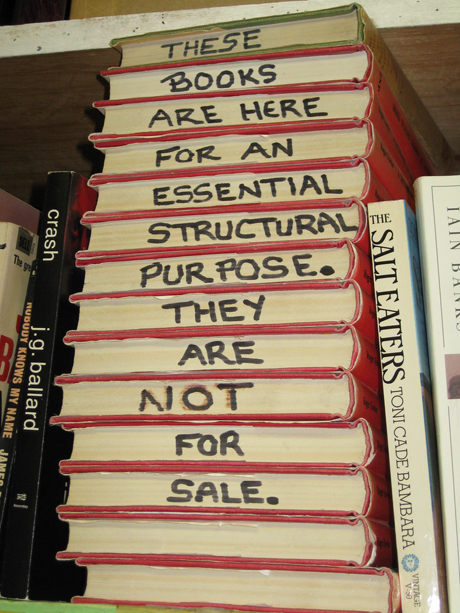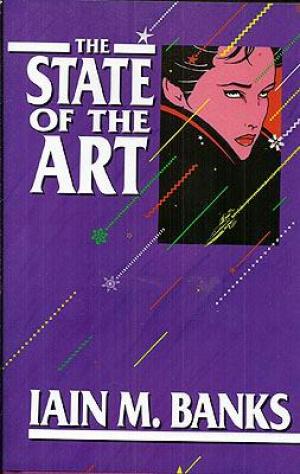 A Guest Post By Anna Wiggins
A Guest Post By Anna Wiggins
As any die-hard EarthBound fan will tell you, in Japan EarthBound is called Mother 2, and is the middle of the three-part Mother trilogy. As a child, I just knew that I didn’t like EarthBound very much. The game is full of unpredictable tonal shifts, genre pastiche, self-awareness, and quirky humor, and these were either things I didn’t fully grasp or just didn’t enjoy. Somehow, the game just left me feeling vaguely alienated. Possibly, I just wasn’t ready for it.
Part of this may have been the gameplay, too. The basics are familiar to any JRPG fan: wander around, get into fights, select actions from menus, pray quietly to yourself. But the game is difficult, even by the standards of the day. It falls prey to a lot of common design flaws in JRPGs that raise the difficulty without adding fun. For instance, many enemies summon ‘backup’ occasionally, but with no bounds on how frequently this happens in a single fight, fights can become increasingly resource-draining without bound. Critical hits from enemies are far too common, and respawn rates are high enough to make getting anywhere a slog.
Aesthetically, the game is very distinct. It has cartoony graphics; the character design is frequently compared to Charles Schulz. The battle sequences featured bizarre, abstract backgrounds, a style referred to by the designers as an attempt at creating a “visual drug” experience. The spell effects were likewise highly abstracted, patterns of lines and diamonds that feel almost like sigils. The music direction is some of the best of the era; the soundtrack has an amazing range of styles and moods.
Despite all of this, I didn’t remember much about the game before returning to it. There is one part of the game, though, that left a very strong impression on me, and which more than lives up to my memory: the final battle.
The source of evil and ultimate villain in EarthBound, Giygas, remains an unseen but often-named actor throughout the game. The final battle with Giygas is one of the most deeply unsettling experiences I’ve ever had playing a video game. It takes the game’s underlying “weirdness” and cranks it up until it lands squarely in “uncomfortable.” Even in the battle with him, Giygas remains unseen. Instead, you seem to be fighting reality: Giygas is the wavy, “visual drug” battle screen background itself, and the combat music, both of which are now more sinister than anywhere else in the game. As the fight goes on, and you damage Giygas, the music gets increasingly frantic, the background increasingly angry.
After a short intro sequence, though, the only way to hurt Giygas is via one of the character’s (Paula, the lone girl in the cast, incidentally) “Pray” ability. Throughout the rest of the game, this ability has random (and usually very minor) effects. But now, each invocation of prayer leads to a cutaway scene of the characters you’ve met along the way, each feeling called to pray for you, until the whole planet is praying at once, lending their psychic power to help you.…
Continue Reading
 It’s Shabcast listenin’ time again.
It’s Shabcast listenin’ time again. 

 No, I’m not going down the rabbit hole writing an essay on spaghetti, myths, and donuts. It’s just a clever title to cover up the fact that I haven’t had time to write in a while as I’ve been whipping The Last War in Albion: Book One into shape, and it’s finally given up and submitted to my ministrations. It looks like it’s clocking in at 237,000 words and 210 pretty pictures, covering 760+ pages. Whew. So that should be coming out pretty damn soon.
No, I’m not going down the rabbit hole writing an essay on spaghetti, myths, and donuts. It’s just a clever title to cover up the fact that I haven’t had time to write in a while as I’ve been whipping The Last War in Albion: Book One into shape, and it’s finally given up and submitted to my ministrations. It looks like it’s clocking in at 237,000 words and 210 pretty pictures, covering 760+ pages. Whew. So that should be coming out pretty damn soon.  A Guest Post By Anna Wiggins
A Guest Post By Anna Wiggins Stories belong to all of us. Sounds like a trite, sentimental truism, doesn’t it? So let’s add a vital corollary: Because we make them.
Stories belong to all of us. Sounds like a trite, sentimental truism, doesn’t it? So let’s add a vital corollary: Because we make them.  Video game sequels are a different beast than sequels in other mediums. In video games, a sequel is typically expected to improve upon its predecessor because video games are intensely technical. Since a game is thought of at least partly as a feat of software engineering, sequels are approached as a honing, refining and improvement of the original as much as they are a thematic and aesthetic continuation of them. In other words, we should think of video game sequels as new and improved models as much as the next chapter of a story, if not more so. On the other hand, the nature of a sequel demands in any medium of genre demands narrative escalation.
Video game sequels are a different beast than sequels in other mediums. In video games, a sequel is typically expected to improve upon its predecessor because video games are intensely technical. Since a game is thought of at least partly as a feat of software engineering, sequels are approached as a honing, refining and improvement of the original as much as they are a thematic and aesthetic continuation of them. In other words, we should think of video game sequels as new and improved models as much as the next chapter of a story, if not more so. On the other hand, the nature of a sequel demands in any medium of genre demands narrative escalation. “The State of the Art” surrounds
“The State of the Art” surrounds